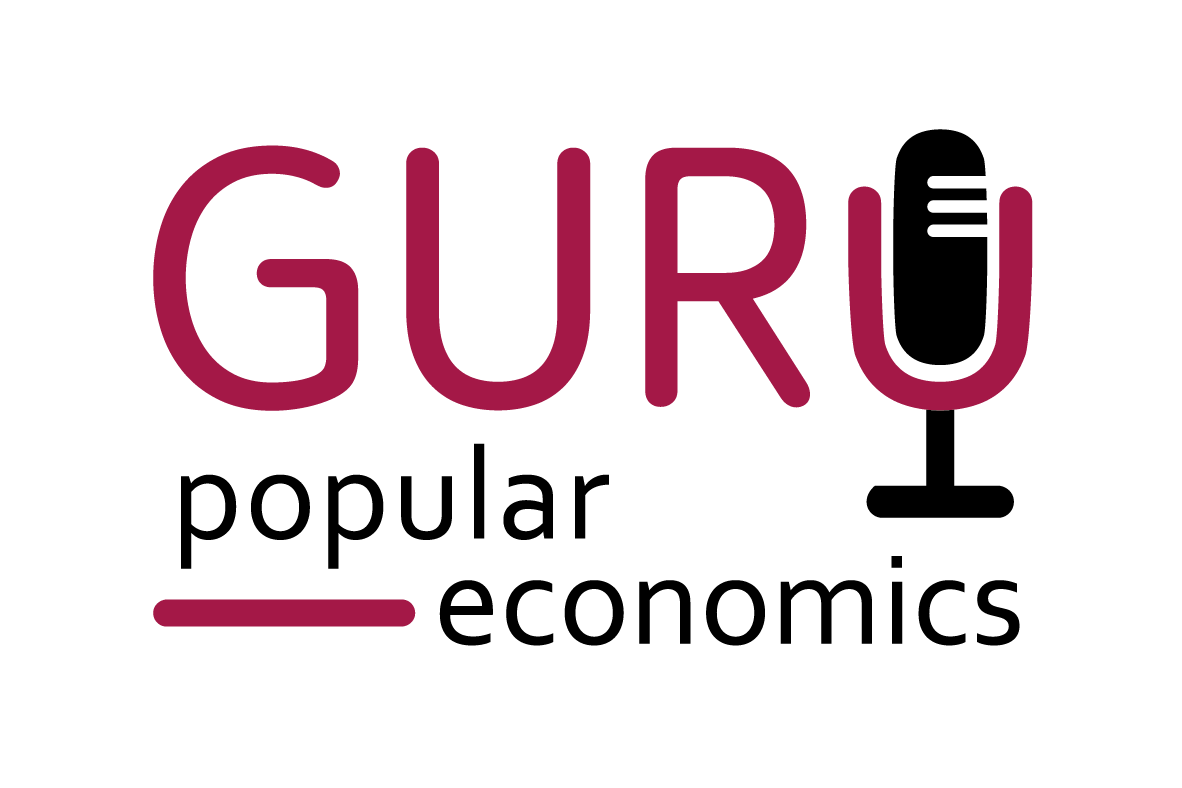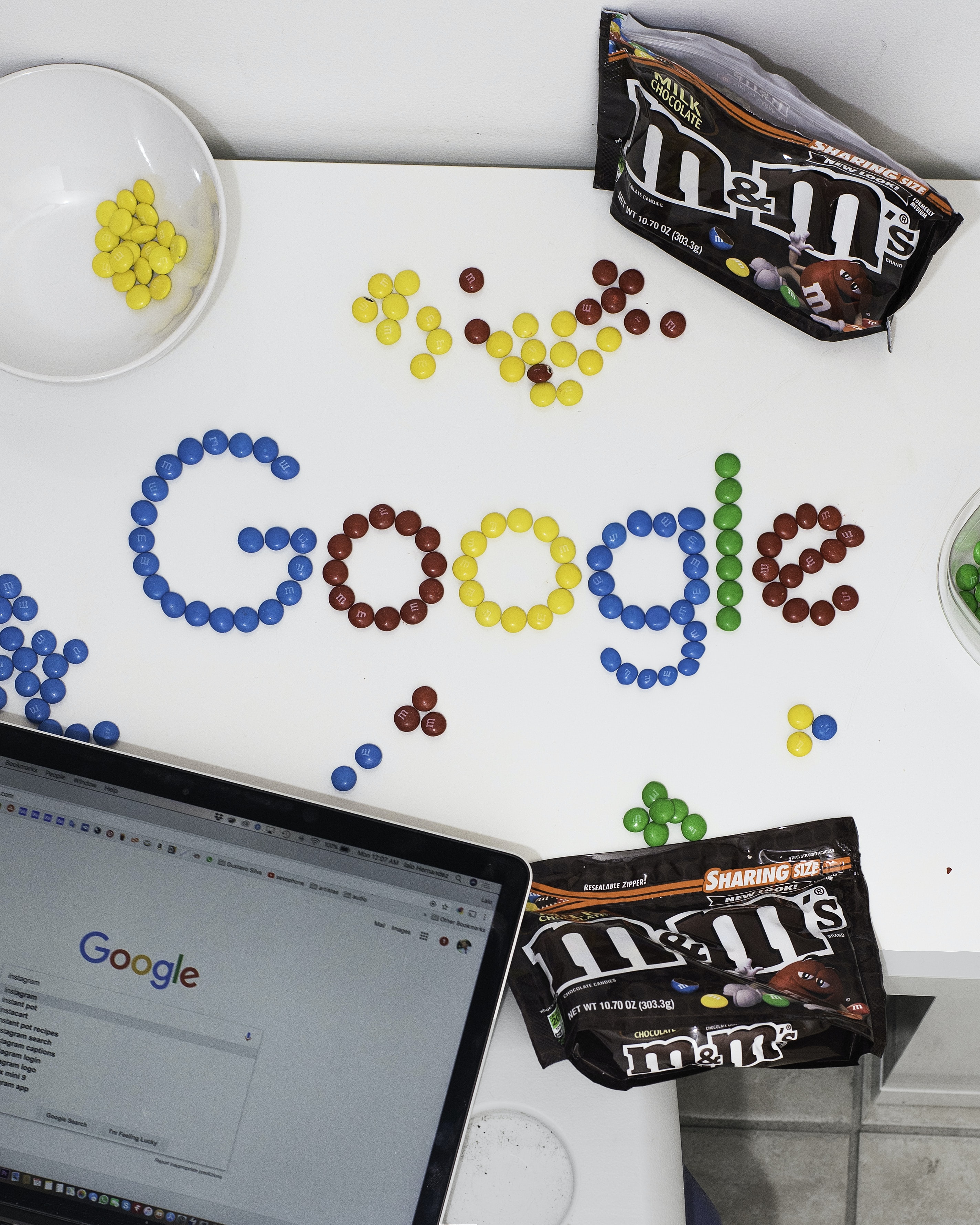How to Create a Brand?


Timecode
01.34 — Why we spend money on brands
02.59 — Why companies are not always able to distribute a well-known brand to other products
03.10 — How Lays failed to extend the brand of chips to lemonade
03.53 — Can a brand have multiple associations and how not to confuse a customer?
05.02 — How to break negative brand associations and why McDonald's failed to convince everyone that they don't make worm burgers
06.01 — Can a brand have multiple associations
06.45 — How to understand if brand associations are working
08.10 — Is it more difficult and how to build an association with a human brand
09.00 — Help or hinder companies from brand wars
09.33 — Pepsi vs. Coca-Cola
10.06 — Why is it important to be in trend
10.50 — Evgenia Ponomarenko about reputational debts of Yandex.Zen and how you can deal with them
13.20 — How Yandex.Zen builds its brand
14.17 — Daria Dzyabura's advice on how to build associations correctly
Description
Why do we love brands so much? When choosing any product, a whole chain of very different associations immediately arises in our head, but they do not always work correctly. How can companies properly build such associations with their brand? Or break a negative association if it suddenly appears - for example, that Corona beer causes the coronavirus? NES professor Daria Dzyabura shared tips on how to build associations with brands. Yevgenia Ponomarenko, PR-director of Yandex.Zen, shares her experience in building a brand.
The first season of the podcast "Economics by ear" was realized with the support of the SAFMAR charitable foundation.
Theses
Daria Dzyabura:
Why we love brands
Brands help customers choose the product that suits them best. For example, when you buy Adidas sneakers, you expect them to be of better quality than sneakers from an unknown brand. Brands also help express yourself - for example, by wearing a Metallica T-shirt, you want to say something about yourself.
Companies use brands to communicate with consumers and, of course, make money from brands. Brands can also be extended to other products. For example, the Honda brand is primarily associated with economy cars, but the company also sells motorcycles and lawn mowers.
But this does not always work out. Lays failed to extend its well-known brand of chips to lemonade. And while people like to eat chips with lemonade, the association was not the same with Lays. When you think of chips, you think of something salty and crunchy, but when you want lemonade, you think of something light, refreshing and cold. The same thing happened with Bic: the company was able to extend the famous brand of handles to disposable razors. But when Bic tried to release perfumes under the same brand, they did not buy them: people did not want perfumes that are associated with cheap plastic. That is, it does not matter if the product categories are close, it is important that the associations do not contradict each other.
What to do with a negative association?
If there is a negative association with a brand, you need to strengthen other connections with it - the stronger they are, the less the brand will suffer from the negative association.
A famous example from the 80s. There was a rumor that McDonald's was using worms in its burgers instead of beef. To break this association, McDonald's began placing ads for burgers with the words "100% beef", but that did not help; on the contrary, it reminded people of worms. Then the executive director of the company tried to explain to consumers that this is not logical - a kilogram of worms costs more than a kilogram of beef and it would be simply unprofitable to make burgers out of them. But the mention of worms and burgers in the same sentence again provoked negative associations among consumers. It would be better if the company strengthened ties with their other products - happy meals, fries, etc.
How to create a brand out of yourself?
The same principles work - how you dress, how your resume is written, all this forms associations with you, and these associations should also not contradict each other. Just think, if you were a brand, what kind of association would you like to evoke in people?
- Understand what your strengths are and what makes you unique.
- Are there any buyers who care about it? Find them and rate what you have to offer them.
- Build a communication that would emphasize your main features and uniqueness.
- Never contradict your strategy in communication.
Pepsi vs. Coca-Cola
Scientists measured how the pleasure-producing part of the brain reacted to Pepsi and Coca-Cola drinks without people knowing what they were drinking. The brain's reaction to Pepsi was brighter because it had more sugar. But when people saw what they were drinking, the level of "happiness" was prohibitive: each of them drank a drink of their favorite brand.
More than 15 years have passed since the experiment, and now each brand has its own personality. But brands are still looking for what the consumer needs. For example, in the USA there was a period when craft soda was popular, people wanted to drink locally produced drinks with a history. What did Pepsi do? They found two guys in Brooklyn and, with their help, positioned craft soda as a new locally produced product - even though it was the same Pepsi drink. It is important to be in trend, whether people want to be part of something big or dream of an individual approach - be in trend.
Evgenia Ponomarenko on the experience of building the Yandex.Zen brand:
The brand has reputational debts, many people think that Yandex.Zen is people's content, that it is difficult to find something interesting for themselves on the platform. In communication, it is important to focus on the strengths - the multi-format of the brand (there are various videos, articles, galleries, etc. on the platform), the opportunity for bloggers to promote themselves, readers can get a personal feed, that is, Yandex.Zen becomes "yours place ".
Abstracts prepared by Elizaveta Bazanova

.png)













